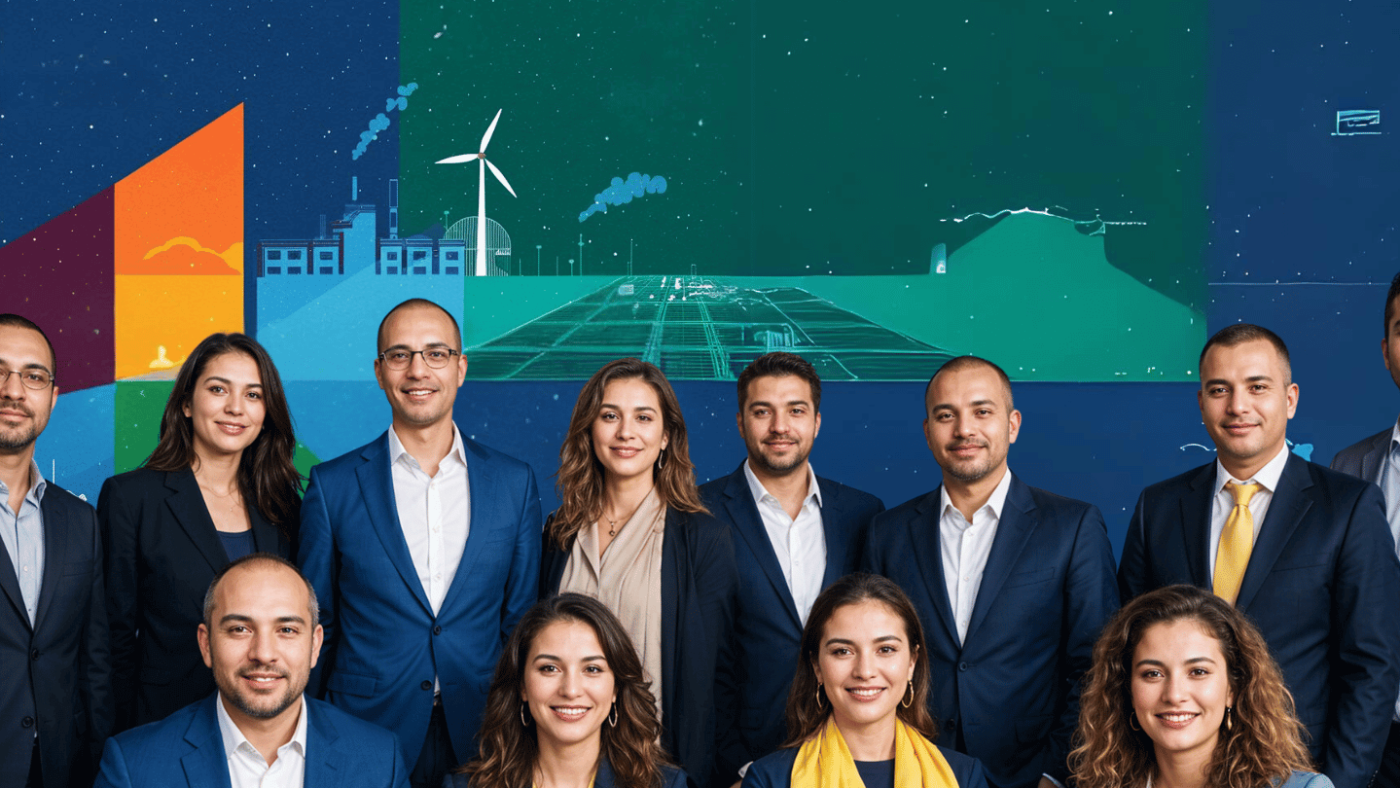At the core of Morocco’s sustainable development efforts is the transformation of its industrial practices.
The Cleantech Innovate Forum 2024 will provide a platform to explore how Morocco can continue to develop its industrial sector sustainably. Sustainable industry is essential for Morocco’s long-term growth, as the country works to meet its environmental commitments while building a resilient economy.
Morocco has already made significant strides in industries such as renewable energy, agriculture, and manufacturing. However, there is still much work to be done to ensure that these sectors operate in an environmentally sustainable manner. Sustainable industry is about more than just reducing carbon emissions; it involves rethinking how products are manufactured, how resources are used, and how industries can contribute to a circular economy.
The CIF will bring together experts from various fields to discuss strategies for greening Morocco’s industrial sector. Topics will include energy efficiency, waste reduction, and the integration of renewable energy sources. By promoting sustainable practices within the industrial sector, Morocco can position itself as a regional leader in clean technology and green business, attracting investment and creating jobs.
5 Tips for Building a Sustainable Industrial Sector:
Invest in Workforce Training: Equip workers with the skills needed to implement sustainable technologies and practices, ensuring long-term success in industrial transformation.
Implement Energy-Efficient Technologies: Encourage industries to adopt energy-efficient technologies, such as LED lighting, smart manufacturing processes, and renewable energy sources.
Adopt Circular Economy Principles: Focus on reducing waste and reusing materials within industrial processes, minimizing environmental impact.
Encourage Sustainable Supply Chains: Promote transparency and sustainability throughout supply chains, from sourcing raw materials to delivering finished products.
Support Policy Incentives: Government incentives, such as tax breaks or subsidies for industries that adopt sustainable practices, can drive change on a larger scale.

